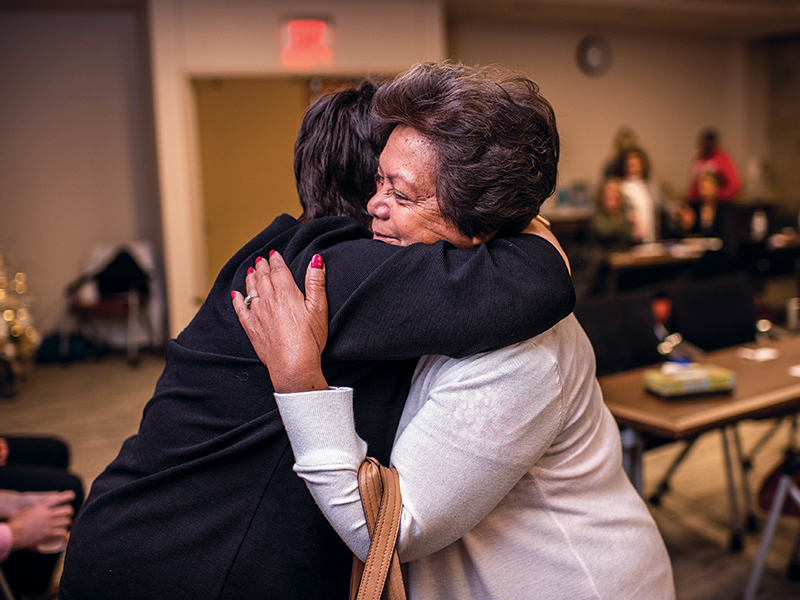If your loved one has cancer, they may experience not only physical symptoms, but also mental and emotional changes, making caregiving a challenge. Here are some tips for supporting them and taking care of yourself too:
- Meet their care team and learn each person’s role. This can include their medical oncologist, surgical oncologist, radiation oncologist, nurse navigator, physical therapist and more.
- Ask their medical team how to best care for your loved one at home, including how to give medication, provide wound care, offer comfort and assist with activities of daily living.
- Learn about rehabilitation options to help them with speech and mobility issues.
- Help them get access to mental health care through a social worker, support group or counselor.
- Talk to your loved one about their care preferences and ask their social worker how to set up an advance directive. This legal document clearly states the type of care your loved one wants if their condition worsens or they’re no longer able to communicate.
- Ask family and friends for help with transportation, meals, housekeeping and errands.
- Ask your loved one’s social worker or nurse navigator about community resources to assist with finances, caregiving and legal aid.
We also encourage caregivers to consider joining a support group, meet with a counselor or even simply talk with a trusted friend. It’s difficult to watch a loved one navigate a cancer diagnosis. Don’t be afraid to ask for support for yourself too!

